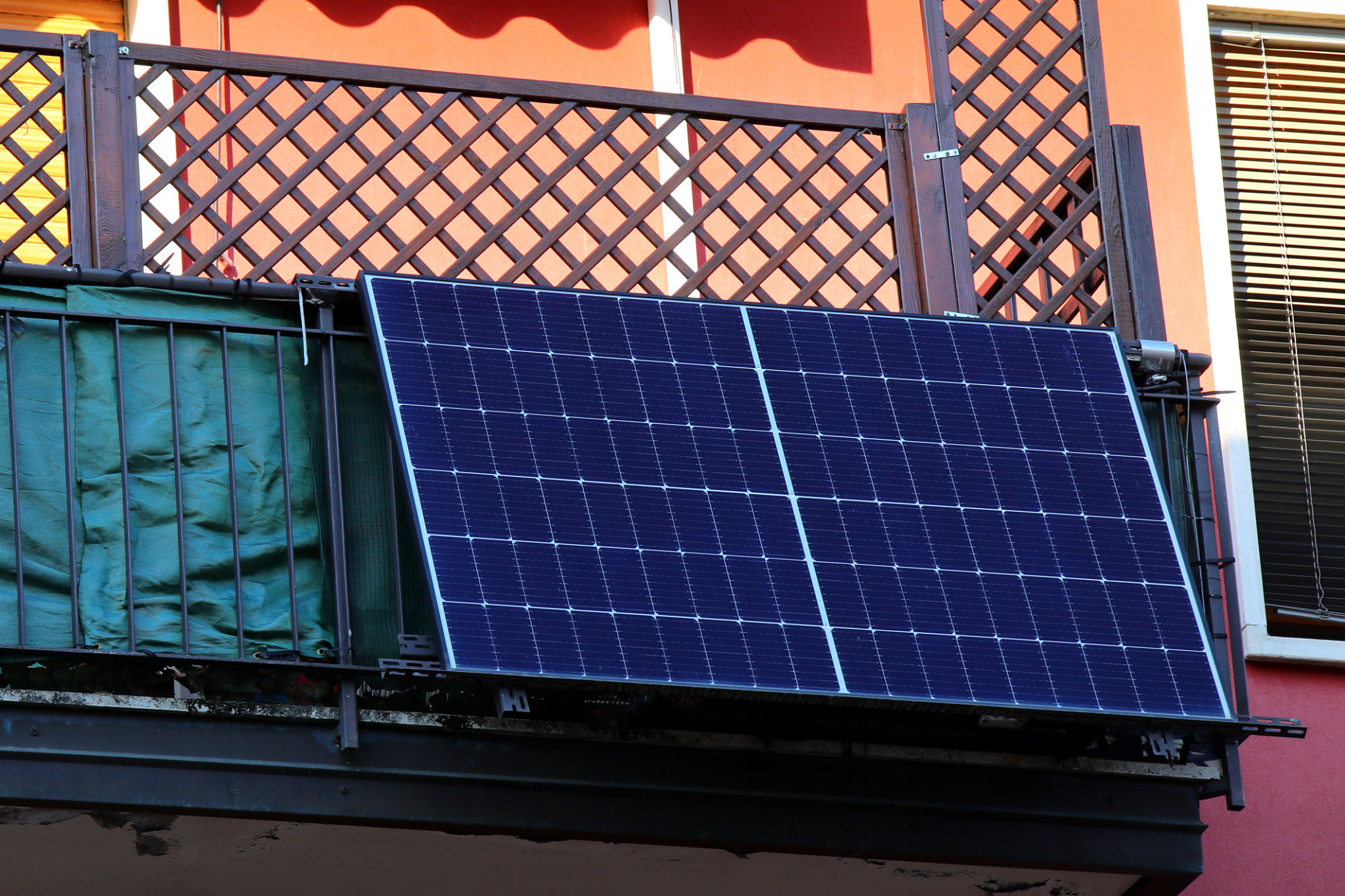Comparing Solar Inverters: Which One is Right for Your Home?
Understanding Solar Inverters
When considering a solar power system for your home, one of the most crucial components to understand is the solar inverter. The inverter plays a fundamental role in converting the direct current (DC) electricity generated by your solar panels into alternating current (AC) electricity, which can be used by your home appliances. Choosing the right inverter is essential for maximizing the efficiency and effectiveness of your solar energy system.

Types of Solar Inverters
There are three main types of solar inverters available on the market: string inverters, microinverters, and power optimizers. Each type has its unique advantages and is suited to different installation scenarios.
String Inverters
String inverters are the most common type of inverter used in residential solar systems. They are typically more cost-effective and work well for installations with consistent sunlight exposure. However, their performance can be affected if some panels are shaded or if the system is installed on multiple roof angles.
Microinverters
Microinverters are installed on each individual solar panel, allowing them to operate independently. This setup can optimize energy production even when some panels are shaded or oriented differently. Although microinverters can be more expensive initially, they often provide higher efficiency and greater system reliability.

Power Optimizers
Power optimizers are a hybrid solution that combines elements of both string inverters and microinverters. They are attached to each panel like microinverters but work in conjunction with a central inverter. This setup helps maximize energy output from each panel while maintaining a more cost-effective solution than microinverters alone.
Factors to Consider When Choosing an Inverter
When selecting the right solar inverter for your home, several factors should be taken into account:
- System Size: The size of your solar installation can influence which type of inverter is most suitable.
- Budget: Consider the initial cost and long-term savings potential when deciding between inverter types.
- Shading: If your roof experiences partial shading, microinverters or power optimizers may offer better performance.
- Installation Complexity: Some systems require more complex installations, which can influence the choice of inverter.

Efficiency and Warranty
Efficiency ratings and warranty terms are also critical considerations. Inverters with higher efficiency ratings can convert more solar energy into usable electricity, enhancing overall system performance. Additionally, reviewing warranty terms can provide insight into the expected lifespan and reliability of the product.
Future-Proofing Your Investment
Solar technology is continually evolving, and it's wise to consider how future advancements could impact your investment. Inverters with advanced monitoring features or those that are compatible with battery storage systems may offer additional benefits down the line.
By thoroughly evaluating these aspects, homeowners can select a solar inverter that not only meets their current needs but also supports their future energy goals. Making an informed decision will ensure that you maximize the returns on your solar investment while contributing to a more sustainable future.
